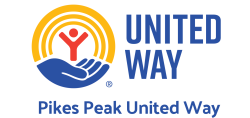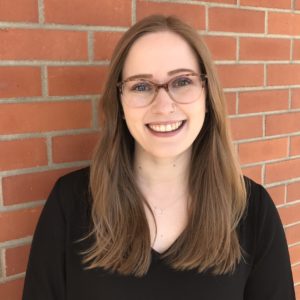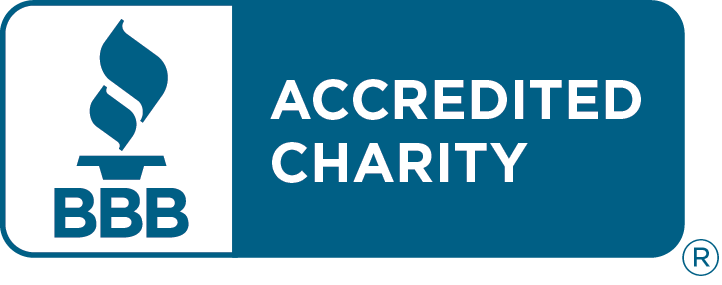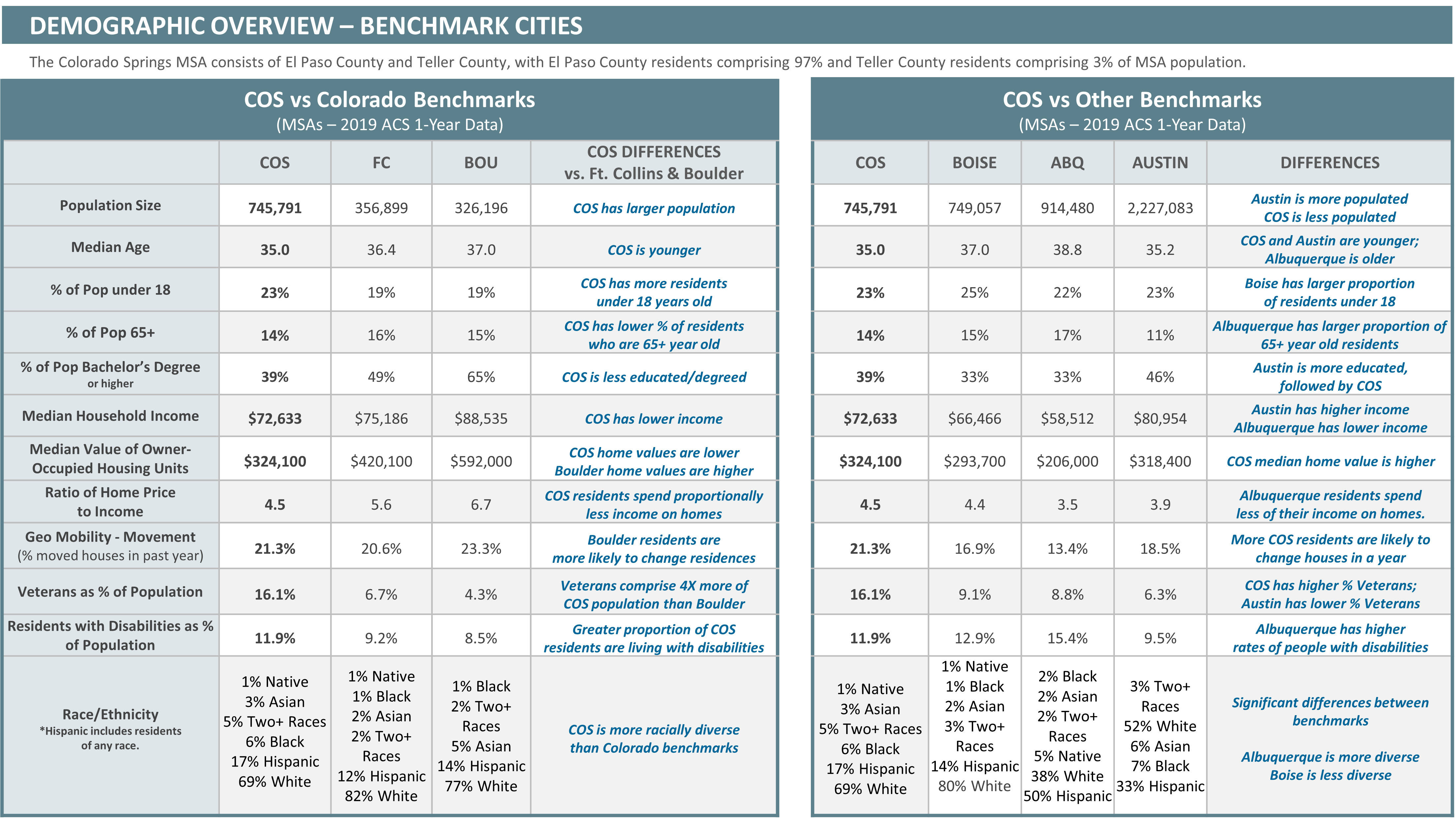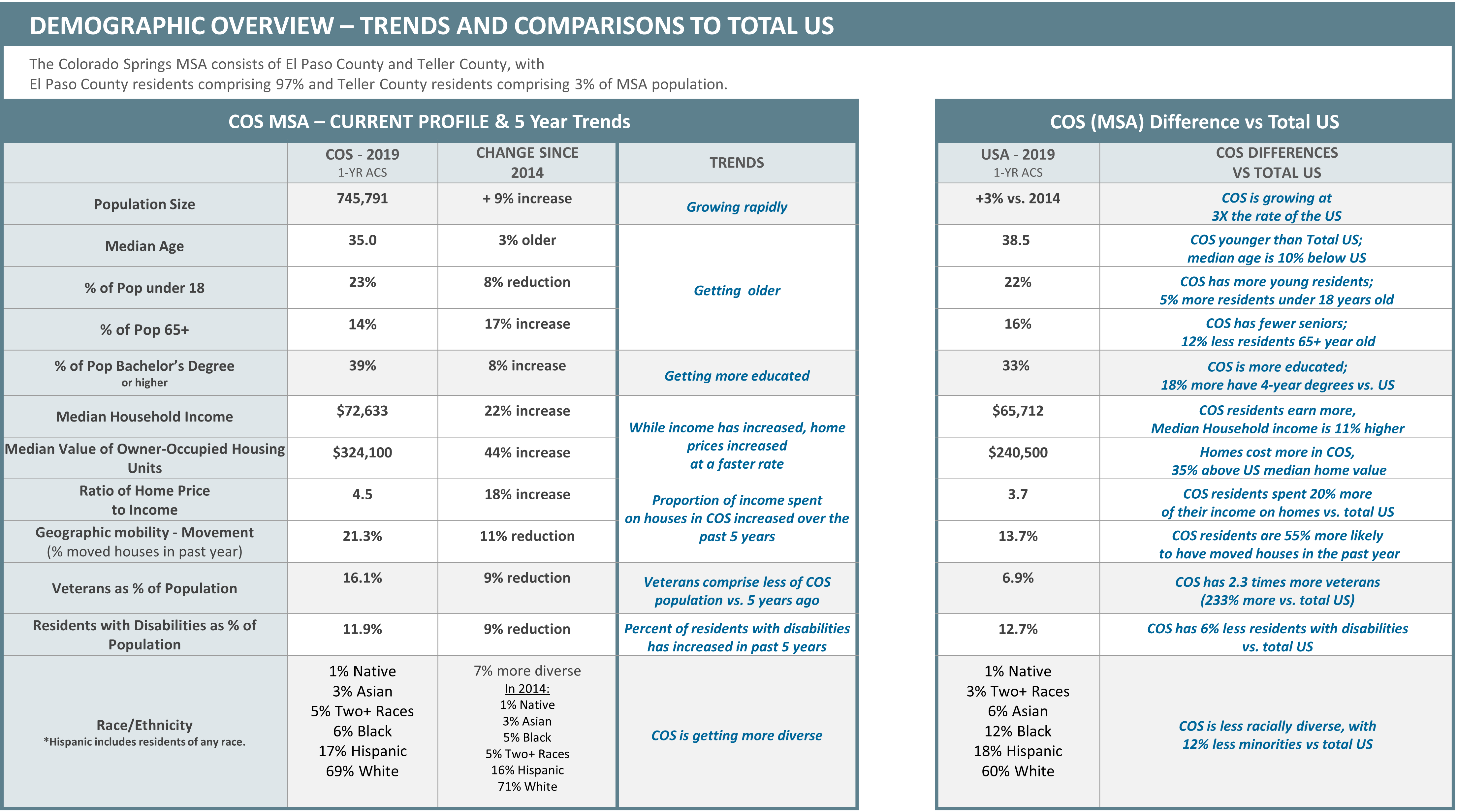“Our PhD’s, MD’s and our MD-PhD’s are saying we are waiting too long to make a difference! We’re waiting for the predictable to happen and then we line up all the resources and take care of it, then get awards for how we take care of it when it could have been prevented!,” Margaret Sabin, CEO of UCHealth Children’s Hospital in Colorado Springs, recently told a crowd of Pikes Peak United Way’s Leaders in Giving donors, an assessment met by a supportive round of applause.
She’s leading a new research project with Children’s Hospital that we are a proud partner of: Healthy Cities. A few months before speaking to that roomful of donors, Margaret and I had a conversation about making a difference for children in Colorado Springs. We want to distinguish our city as the place with the healthiest kids in the world.
“Our PhD’s, MD’s and our MD-PhD’s are saying we are waiting too long to make a difference! “
Margaret Sabin, CEO of UCHealth Children’s Hospital
Margaret and her team at Children’s Hospital recognize that when a child encounters the most difficult news of their life, resilience is what makes the difference. “When the predictable challenge occurs, what’s that reservoir of strength that helps us overcome it?,” Margaret asked the crowd. She shared how college counselors are now saying their students don’t have the resiliency needed. They are overcome with anxiety and we must focus on helping them earlier. That’s where this collaboration comes in.
Healthy Cities will involve a cohort of 350-400 5th and 6th graders. We will create, develop and test an approach among community stakeholders including the United States Olympic Museum, UCCS, D20 and D11 creating a culture of safety, fitness and health for children and, later, teenagers in El Paso County. Strategies will include 1:1 (or, “one-to-one”) motivational health coaching, exposure to Olympic and Paralympic athletes, family-focused health related workshops and seminars, community events, and other approaches devised in collaboration with teachers, researchers and psychologists involved in this project. While the overall approach to students will be consistent, the inclusion of multiple classrooms will allow for flexibility in meeting the varied needs within the student cohort.
Colorado Springs parents, teachers, primary care providers, government officials and business leaders alike are searching for solutions that can better support our young people to live healthier lives and have a brighter future. Will you join us to make Colorado Springs the place with the healthiest children?
